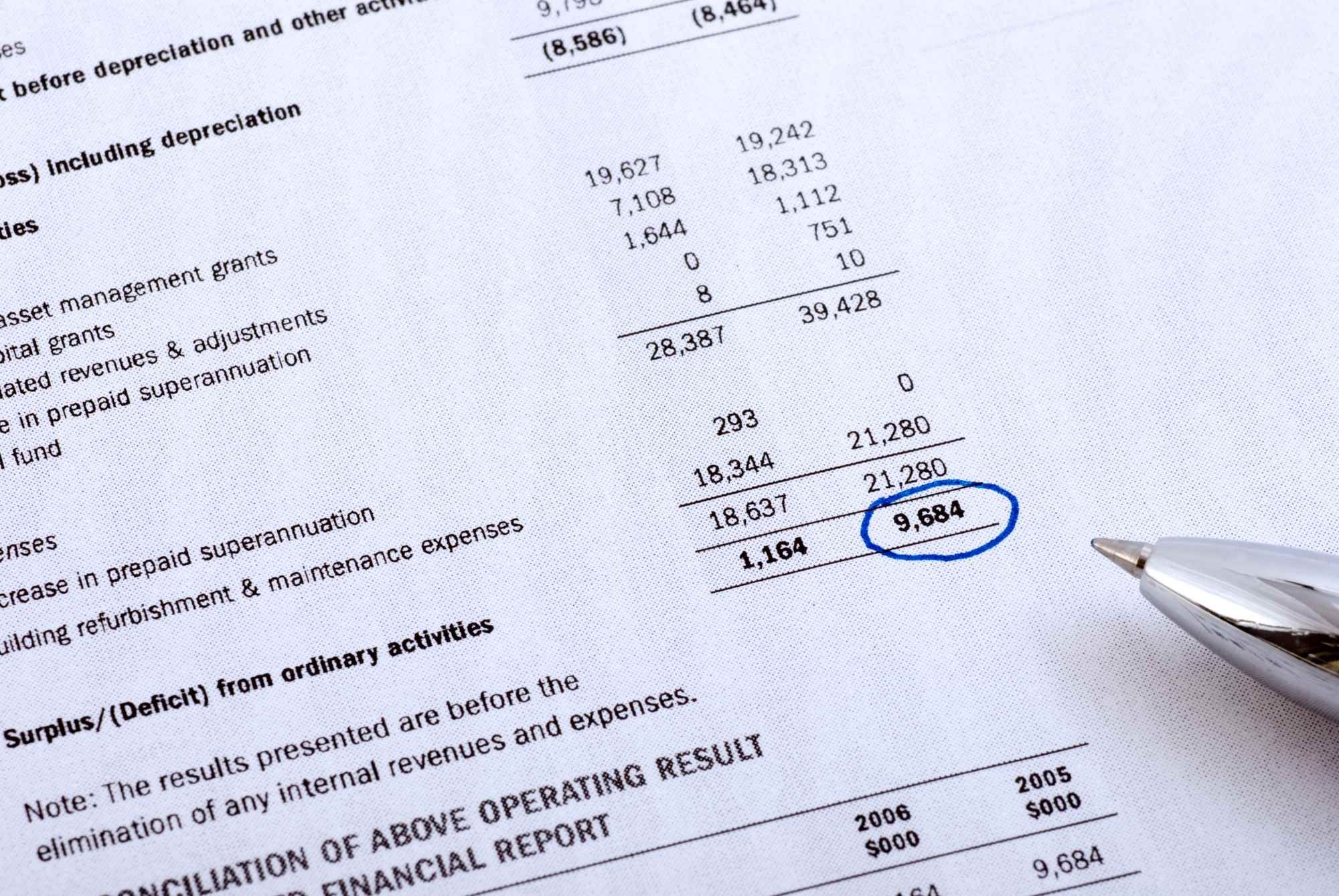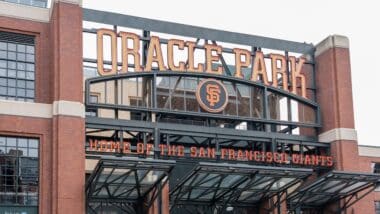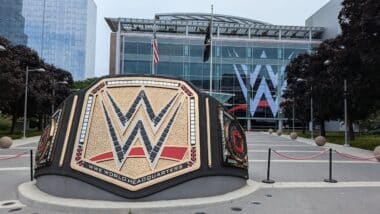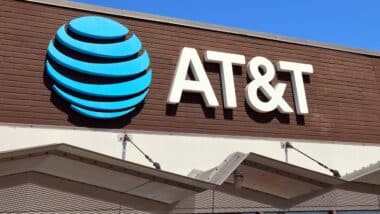
Americans pay billions of dollars every year in bank fees. Overdraft fees have been some of the most talked-about issues with banking fees in the last few years, with $34 billion in overdraft fees being collected by big banks in 2017 alone.
Consumers have also been reporting problems with improper non-sufficient funds fees, or NSF fees. Some say that they have been hit with more than one NSF fee for a single transaction.
Unfortunately, some financial institutions like BancFirst may be charging their customers unfair NSF fees. BancFirst is an Oklahoma-based bank with more than 100 different locations across the state.
What is an NSF Fee?
A non-sufficient funds fee is what a bank can charge if they choose not to cover an overdrawn transaction. This type of transaction happens if you write a check that exceeds your balance or you otherwise attempt to charge more than is available in your account.
Typically, an NSF fee will be about $30, but can be even more.
Why Do Banks Charge NSF Fees?
Banks and credit unions make significant profits from fees like NSF fees, so they have a large incentive to hike fee rates and charge as many fees as possible.
 The Center For Responsible Lending cites a recent report that indicated that banks worth over $1 billion collected a total of $11.45 billion in NSF and overdraft fees in 2017 alone.
The Center For Responsible Lending cites a recent report that indicated that banks worth over $1 billion collected a total of $11.45 billion in NSF and overdraft fees in 2017 alone.
Reportedly, the trend of high and frequent NSF fees is a relatively new one. NSF fees were not as common just two decades ago. Previously, they were charged only occasionally, but now they represent a significant portion of financial institutions’ profits.
Unfortunately, this trend looks like it will continue to be on the rise. According to the Center for Responsible Lending, the $11.45 billion in overdraft and NSF fees pocketed by banks in 2017 is an increase from previous years. In 2016, banks made $10 million less. This also represents a continual rise from 2015 and earlier years, notes the Responsible Lending website.
Consumers should be aware that banks, even trusted names in the financial industry, may be turning to misleading or abusive practices to profit from NSF fees. Reportedly, $9 billion of 2017’s $11.45 billion in fees were charged by just 20 banks — these banks were those who charged the highest volume of NSF and overdraft fees.
Further highlighting this concerning trend, The Center for Responsible Lending also noted that multiple of the country’s ten largest banks engage in what are considered to be abusive practices, such as reordering charges to maximize fees charged, charging multiple fees for one overdraft, and other practices.
What Are Unfair NSF Fee Practices?
In some cases, consumers have reported being charged multiple NSF fees for the same transaction. With a single set fee of about $30, being hit with multiple NSF fees can quickly build up to a very high charge, sometimes for a relatively small deficit in the customer’s account.
Which Financial Institutions Are Involved?
A number of banks and credit unions may be charging improper returned payment fees. Currently under investigation for potentially improper practices are the following:
- BancFirst
- Bell Bank
- Busey Bank
- Center Bank
- CenterState Bank
- Flagstar Bank
- Glacier Bank Wings Federal Credit Union
- Midwest One
- NBT Bank
Can I File a Lawsuit Over Improper NSF Fees?
A growing number of consumers are filing lawsuits against their banks and credit unions over deceptive or unfair practices, including those who have been hit with improper NSF fees. So far, a number of banks and credit unions have faced lawsuits over unfair practices, such as Bank of America, Capital One Bank, Digital Federal Credit Union, and Navy Federal Credit Union, among many others.
If you have been charged more than one returned item fee on a single transaction, or any other improper NSF fees, you may be able to file a lawsuit or join an existing class action and pursue compensation. Filing a lawsuit can be a daunting prospect, so Top Class Actions has laid the groundwork for you by connecting you with an experienced attorney. Consulting an attorney can help you determine if you have a claim.
Join a Free NSF Fee Class Action Lawsuit Investigation
You may qualify to join this NSF fee class action lawsuit investigation if you were unfairly charged NSF fees by one of these banks:
- Bancfirst
- Bell Bank
- Busey Bank
- Center Bank
- CenterState Bank
- Flagstar Bank
- Glacier Bank Wings Federal Credit Union
- Hudson Valley Credit Union
- Midwest One
- NBT Bank
ATTORNEY ADVERTISING
Top Class Actions is a Proud Member of the American Bar Association
LEGAL INFORMATION IS NOT LEGAL ADVICE
Top Class Actions Legal Statement
©2008 – 2026 Top Class Actions® LLC
Various Trademarks held by their respective owners
This website is not intended for viewing or usage by European Union citizens.














